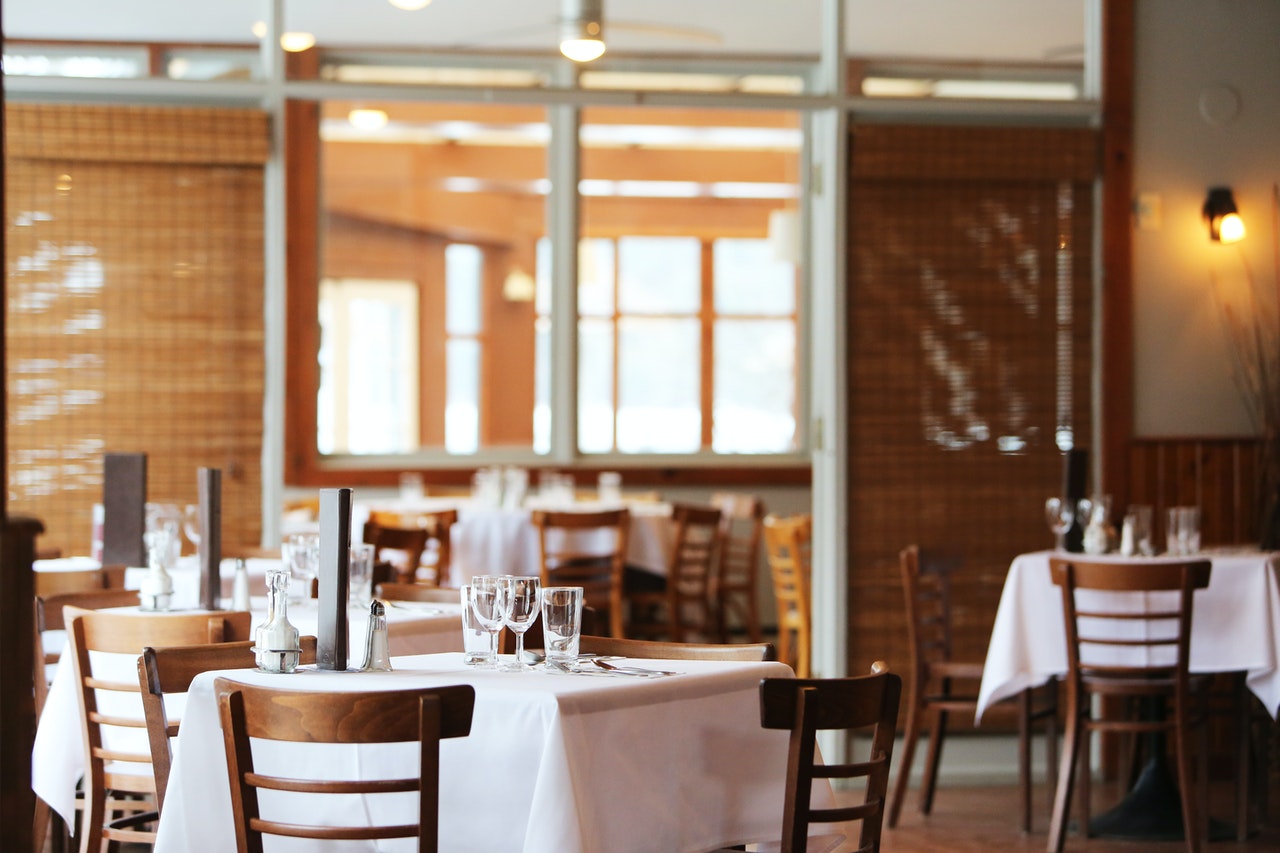Without a shadow of a doubt, the COVID-19 pandemic outbreak has affected many industries, especially the food business. For one, the newly imposed laws and implementations, like social distancing and staying at home, restrict the nature of restaurant operations. It’s counterproductive, to say the least. But entrepreneurs are a special breed. The challenges ahead only fueled many businessmen to take on the challenge – adjust their strategy and start again in a better way.
According to the data released, 60% of all the restaurants that temporarily closed decided to shut their business forever. Tough times indeed! Yet, new restaurant owners are going against economic uncertainty and making it work. In these times, most businesses deeply rely on digital and social media, as most people are stuck in their homes. This new market ground, albeit online, made a drastic shift in the food industry.
If you’re interested in being a restaurant owner amidst the high uncertainty, you have many boxes to check on your list. With so many new safety requirements and practices, you need a thorough plan for your restaurant to work. And here are four essentials you need to consider to open up a food business with greater chances of success.
Consider Your Finances
Before embarking on the journey to become a restaurant owner, you need to know how much you’re willing to risk. There are many types of restaurants in the industry.
Attempting to open a restaurant without knowing your finances will hurt your business in the long run. That’s why it’s smart to partner up with long-standing brands that know exactly what you have to do to withstand the current economic crisis.
Foremost among these are bakery franchises. To boot, these brands are well-established. So marketing them would be a breeze. Considering the bakery franchise cost should be part of your plan, right from the get-go.
Know, however, that franchises are a turn-key business model. That means they offer a foolproof plan that’s already proven to succeed before. In short, your chances of success are a lot higher than when you start something from scratch.

Formulate a Business Plan
With or without the pandemic, the first thing you always have to do for a successful investment is to research diligently. Do not be impulsive. You should spend at least months to get a deeper understanding of how the food business works. Most especially now that there are newly implemented rules to consider due to the pandemic.
Think about the 4C’s: consumer, customer, context, and channel. You’ll have to identify your target market, establish a unique difference from your competitors, what kind of restaurant you’re aiming for, and so on.
Get the Necessary Permits and Licenses
Every state has different regulations you need to follow. Thus, you have to adhere to all the local food regulations and safety codes.
Because you are dealing with customers every day and it’s a pandemic, make sure you meet the EPA’s criteria. To put it simply, sanitizing and disinfecting your facility is a requirement to fight against COVID-19. Also, employees should be properly trained in cleaning procedures and maintain good hygiene.
Effective Marketing and Advertising
Compared to pre-pandemic times, there has been a drastic change when it comes to advertising. Most restaurant owners are leaning towards the effective use of digital and social media. That’s why even before the grand opening of your business, you should advertise your restaurant around your local community.
To do so, you can build a website that is easy to handle and includes all the needed information. Like the opening date, your menu, how to book a table, and the customer service. You can also make use of popular social media platforms and create an account for your restaurant.
With this, you can effectively connect with your potential clients and get loyal customers along the way. When you’ve done your homework, reaping the benefits of your hard work should be a matter of time.
